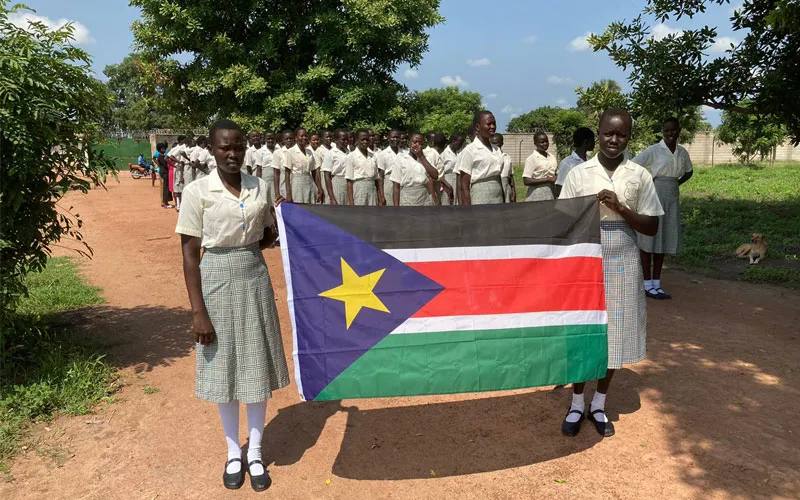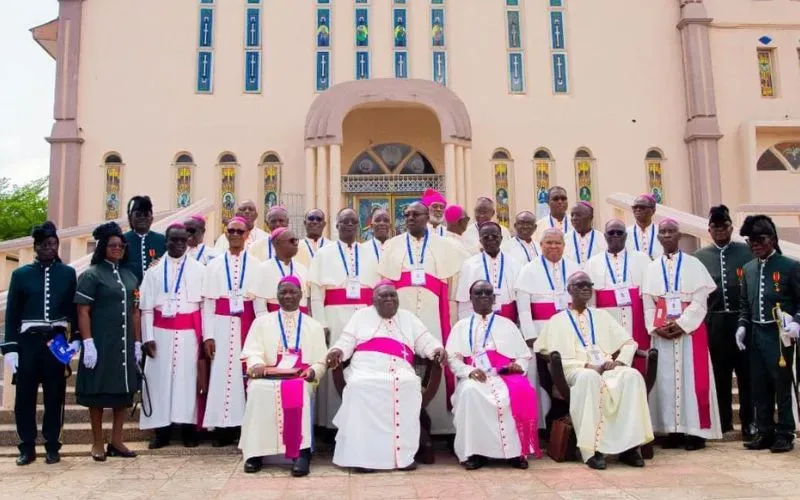Juba, 08 July, 2021 / 11:30 pm (ACI Africa).
On the occasion of the 10th anniversary of South Sudan’s independence, forums of faith leaders in the East-Central African nation have, in separate statements, lamented the many years of civil strife, the country’s Council of churches saying “there is little to celebrate.”
In their statement obtained by ACI Africa Thursday, July 8, the eve of the commemoration, members of the South Sudan Council of Churches (SSCC) however express hope into the future saying the optimism at independence on 9 July 2011 “can still be rekindled.”
“As we mark ten (10) years of our independence today, with pains in our hearts, there is little to celebrate. Conflict has become the context in which we are evolving with rampant proxy inter-communal violence, increasing cases of sexual violence, revenge killings, land grabbing and child abduction,” representatives of SSCC, which comprise seven member churches, say in their collective statement ahead of the Friday, July 9 anniversary celebration.
They add that the hearts of the South Sudanese who are experiencing a difficult time “continue to groan with pain, anguish, turmoil, despair, and misery as lives are lost every day in every corner of our country.”
“These conflicts have rendered our first ten years of independence, ‘a wasted decade,’” SSCC officials say, adding that “these protracted armed conflicts have not only destabilized our peace but have also retarded the socio-economic development of our country.”








